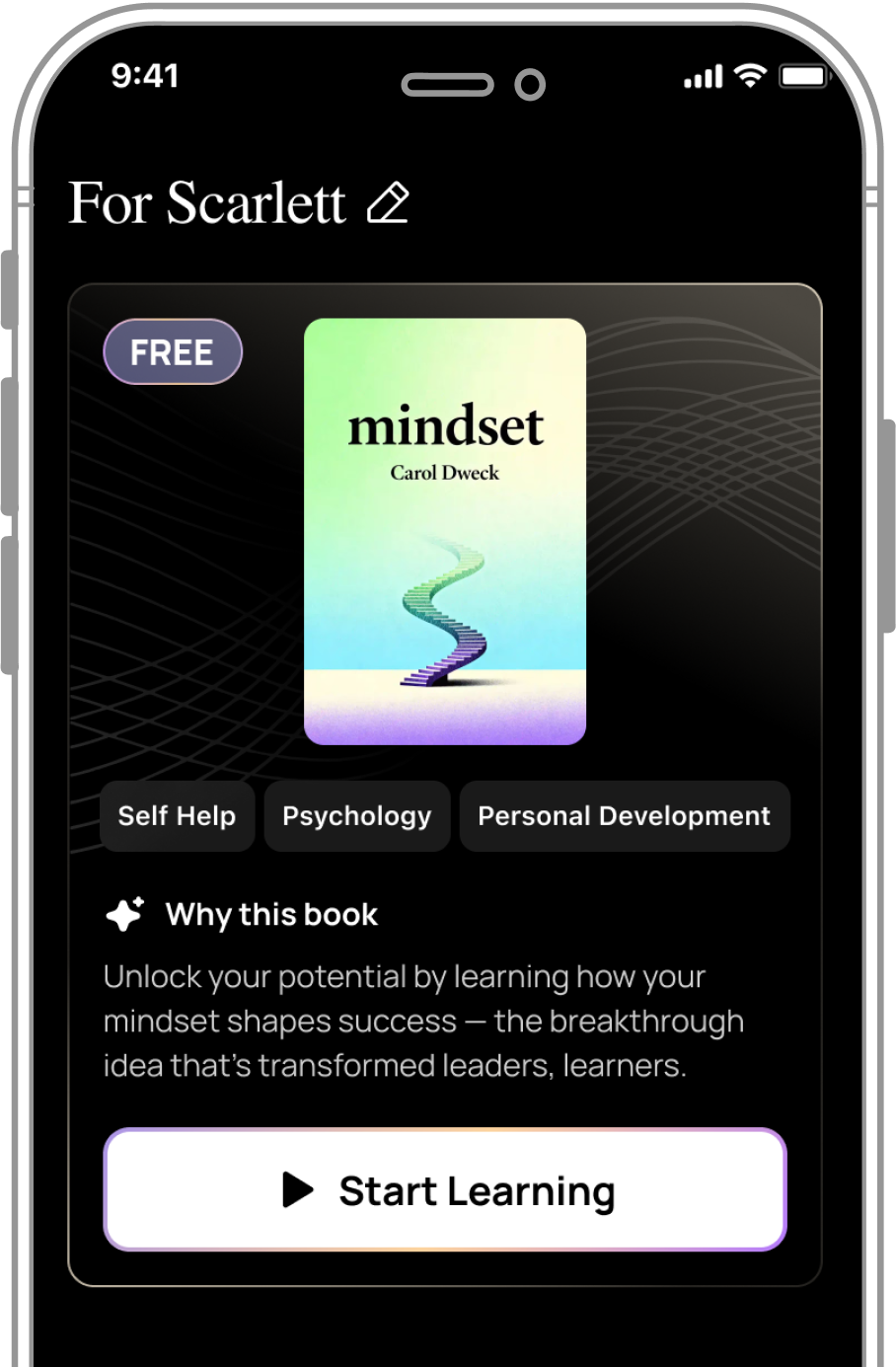What is
Tell Me My Story by Dimple D. Dhabalia about?
Tell Me My Story challenges the "service before self" narrative in humanitarian work, blending memoir and manifesto to address burnout, trauma, and moral injury. Dimple Dhabalia advocates for prioritizing well-being through storytelling, offering frameworks for individuals and organizations to heal while maintaining impactful service. The book emphasizes shifting workplace cultures to support sustainable humanitarian efforts.
Who should read
Tell Me My Story?
This book is essential for humanitarians, nonprofit leaders, social workers, and caregivers grappling with burnout or institutional betrayal. It also resonates with anyone navigating high-stress, purpose-driven careers seeking strategies to balance service with self-care. Dhabalia’s insights are particularly relevant for organizational leaders aiming to foster trauma-informed workplaces.
Is
Tell Me My Story worth reading?
Yes—praised as a “masterpiece of empathy” and award-winning title, Tell Me My Story provides actionable steps to address systemic issues in mission-driven fields. It combines personal anecdotes with evidence-based frameworks, making it a vital resource for those seeking to reconcile service with personal well-being.
What are the main concepts in
Tell Me My Story?
Key ideas include:
- Moral injury: The psychological toll of compromising values in service roles.
- Institutional betrayal: Organizational failures to protect employees’ well-being.
- Duty of care: Redefining responsibility to prioritize staff health.
- Storytelling as healing: Using narrative to process trauma and rebuild resilience.
How does
Tell Me My Story address burnout?
Dhabalia critiques the martyrdom culture in humanitarian work, advocating for systemic changes like flexible workloads, mental health resources, and leadership accountability. She emphasizes individual practices such as boundary-setting and reflective storytelling to mitigate exhaustion.
What quotes define
Tell Me My Story?
- “Service doesn’t have to come at a cost”: Rejects the sacrifice narrative, urging sustainable practices.
- “The path of service is an invitation to heal”: Reframes service as a journey of personal and collective growth.
- “Them or me?”: Highlights the false dichotomy between self-care and service.
How does
Tell Me My Story compare to other burnout recovery books?
Unlike generic self-help guides, Dhabalia integrates memoir with actionable organizational strategies, focusing specifically on humanitarian sectors. It complements works like Brené Brown’s Dare to Lead but adds unique insights into institutional trauma and global service contexts.
What frameworks does Dimple Dhabalia propose in
Tell Me My Story?
The book outlines a dual-path framework:
- Individual healing: Mindfulness, boundary-setting, and narrative therapy.
- Organizational change: Trauma-informed policies, leadership training, and metrics integrating staff well-being with mission outcomes.
How does the author’s background influence
Tell Me My Story?
With 20+ years in government and global humanitarian roles, Dhabalia draws from firsthand experiences managing refugee crises, workplace burnout, and institutional gaps. Her certifications in positive psychology and trauma-informed coaching lend credibility to the book’s methodologies.
Why is
Tell Me My Story relevant in 2025?
Post-pandemic workforce challenges and rising global crises make its message critical. The book addresses hybrid work strains, escalating mental health needs, and the demand for ethical leadership in turbulent times—themes amplified by recent humanitarian emergencies.
Can
Tell Me My Story help non-humanitarians?
Yes. While focused on service roles, its principles apply to educators, healthcare workers, corporate leaders, and anyone balancing caregiving with personal well-being. The storytelling techniques and resilience strategies are universally adaptable.
What criticism exists about
Tell Me My Story?
Some may argue the book’s organizational solutions require significant systemic buy-in, which could be challenging in underfunded sectors. However, Dhabalia counters by providing scalable steps for gradual cultural shifts, emphasizing incremental progress over perfection.








